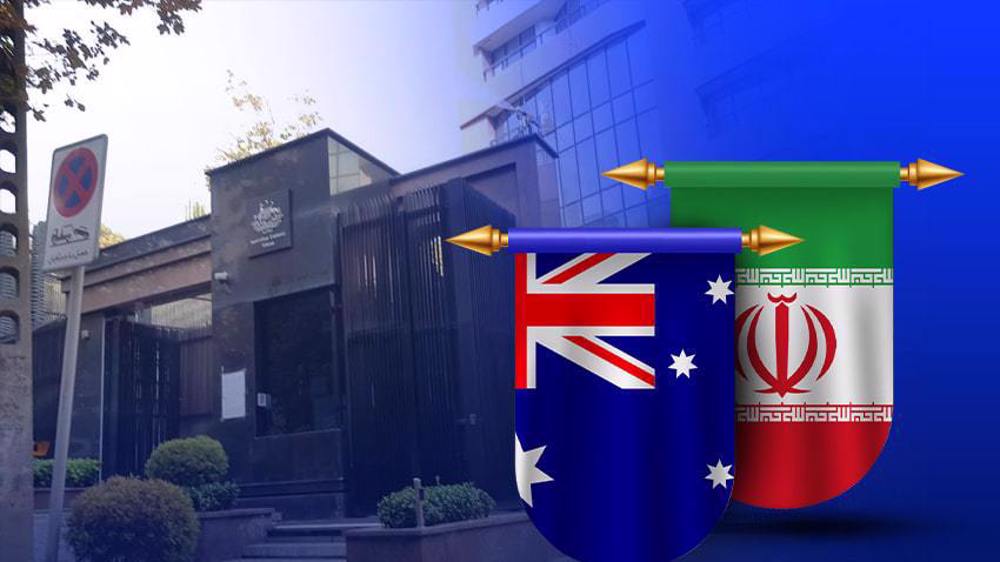Iran has reduced the level of Australia’s diplomatic presence in Tehran in response to Canberra’s decision to downgrade diplomatic relations, the spokesperson for Iran’s Ministry of Foreign Affairs says.
“We do not welcome the reduction of relations because we believe there was no reason or justification for this action, and it affects the relations between the two nations,” Esmaeil Baghaei said Thursday.
Baghaei confirmed the departure of the Australian ambassador from Iran, noting that the reciprocal move follows established diplomatic norms and international law.
“According to diplomatic customs and international law, in response to Australia’s action, the Islamic Republic of Iran has also reduced the level of Australia’s diplomatic presence in Iran,” Baghaei said.
He added that despite the diplomatic constraints, Iran’s consular section in Canberra remains operational and efforts continue to provide necessary consular services to Iranian nationals living in Australia.
In closing, Baghaei dismissed accusations of anti-Semitism against Iran as “ridiculous and baseless.”
On August 25, Australian Prime Minister Anthony Albanese alleged that Tehran was involved in what he called two anti-Semitic attacks in his country, ordering that the Iranian ambassador in Canberra – Ahmad Sadeghi – and three other diplomats must leave Australia within seven days.
Albanese announced that Australian diplomats had departed Tehran and were conducting their duties from a third country, with diplomatic operations at Australia’s embassy suspended. He also urged Australians living in Iran to leave the country as soon as possible.
Baghaei rejected the accusations at the time, calling them “baseless” and “ridiculous” while vowing a “reciprocal response”.
Dismissing the existence of any anti-Semitic inclinations across Iran’s time-honored cultural, historical, and religious background, the spokesman said, “This phenomenon is a Western and European one.”
“If you look at history, persecution of Jews because of their religion is a matter rooted in Europe; and it is they who must be held accountable for their historical past, which has continued to this day,” he said.
Baghaei said Canberra’s decision was an attempt to justify its anti-Iranian policies and compensate for the limited and infrequent criticism of Israel recently expressed by some Australian politicians, including Albanese himself.
Last month, Albanese and Israeli prime minister Benjamin Netanyahu became embroiled in a diplomatic dispute after the Australian prime minister announced that Australia would formally recognize Palestinian statehood and decided to cancel a visa for a right-wing Israeli minister’s visit to Australia.
In response, Israel canceled visas for Australian diplomats assigned to the Palestinian Authority, while Netanyahu launched a sharp attack on Albanese, calling him a “weak leader.”
Australian Minister for Home Affairs Tony Burke countered, saying true strength is not measured “by how many people you can blow up or how many children you can leave hungry” and described Netanyahu’s criticism as part of Israel’s “lashing out” against countries.
